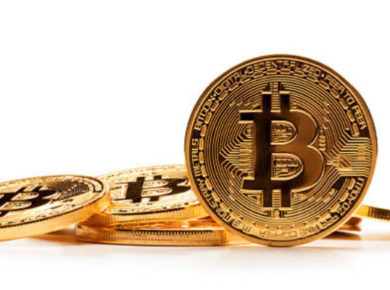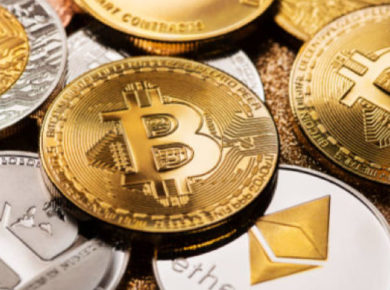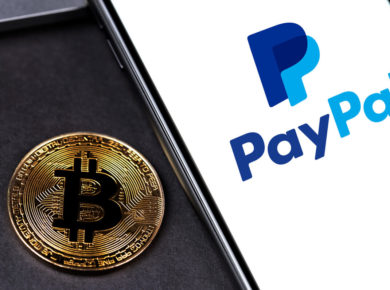South Korean banks are set to audit crypto exchanges’ senior managers as part of their due diligence and risk assessment protocols for real-name banking contracts – and there are concerns Bithumb officials may struggle to pass the checks due to previous and ongoing fraud allegations.
Bank-conducted risk assessment is now mandatory for crypto exchanges, which must partner with banks to provide real-name accounts for clients under legislation that promulgated in March. A grace period during which exchanges must comply with the new rules ends on September 24.
As previously reported, Lee Jung-hoon, the chairman of the Board of Directors of Bithumb operator Bithumb Holdings and the biggest shareholder in the exchange, was last year summoned for questioning by police over fraud and embezzlement allegations brought forward by groups of disgruntled investors.
Bithumb was also raided twice over the allegations in 2020, which also involve Kim Byung-gun, chairman of the BK Group. The allegations center around the failed listing of the BXA token, a coin that was set to be listed on Bithumb back in 2018 but is still yet to list, with its value plummeting from heights of USD 5 in 2018 to way below USD 0.5.
Lee is keen to sell his stake in the platform, but despite multiple reports of deals being close to completion, a buyer is still yet to be found.
Per Yonhap, a number of heads of South Korean commercial banks met yesterday to discuss how they should carry out due diligence checks – after the government effectively handed the entire burden of conducting evaluations to the banking sector.
The banking chiefs appear to have put together an exhaustive list of almost 90 factors banks will look into before accepting trade from crypto exchanges, including assessing whether platforms or their senior officials have:
- a history of embezzlement and/or fraud
- a history of bankruptcy rehabilitation and/or business suspensions
- been the subject of external hacks
- poor credit rating
- experienced prolonged net losses.
Most of South Korea’s biggest exchanges have experienced hacking breaches in the past.
Criteria will be ranked as “high,” “medium” or “low” risk in each of the 90-or-so categories.
The media outlet added that “controversies” caused by “frequent delays in trading and deposit and withdrawal requests” – a problem that has blighted Bithumb and its major rivals in recent months – could also hurt exchanges’ causes when dealing with banks.
Both Bithumb and its biggest rival Upbit have experienced server-related issues in recent weeks with trading volumes escalating to levels never seen before in the nation.
Yonhap added that in the absence of government guidelines, the banking chiefs have agreed to use conventional banking risk assessment methodology to conduct their evaluations.
____
Learn more:
– South Korean Government Continues to Scale Back Anti-Crypto Rhetoric
– ‘Crypto Crisis Summit’ in South Korea – as No Ministry Wants to Take Charge
– Gaming Giant WeMade Wants to Buy Bithumb – Report
– Sales and Income Rocket at South Korea’s Biggest Crypto Exchanges
– Morgan Stanley Rules out M&A Deal for Bithumb, Binance Is ‘Always Open’
– Bithumb Boss: Only 4-7 Korean Crypto Exchanges Will Survive Regulations











